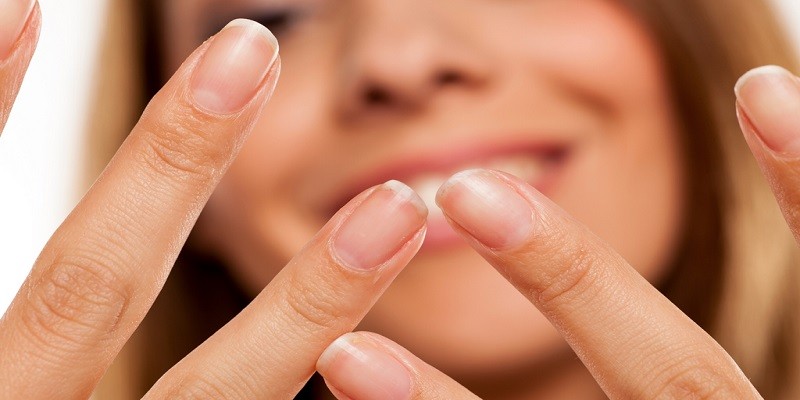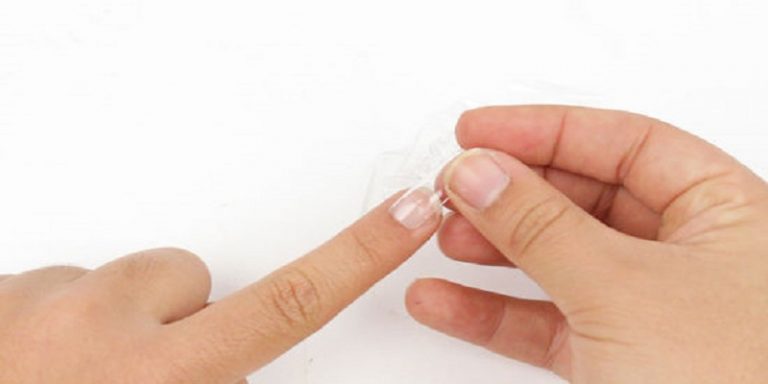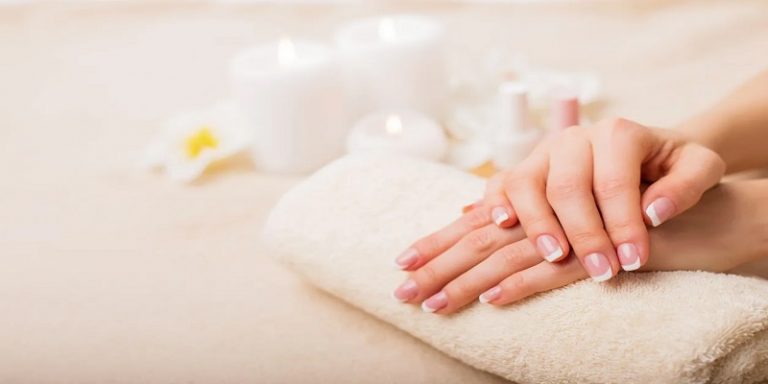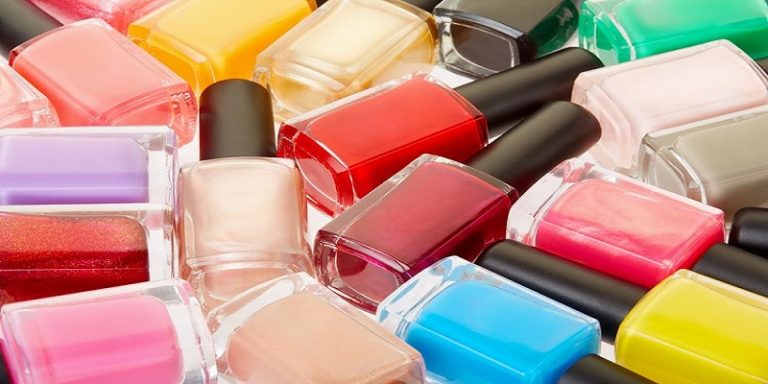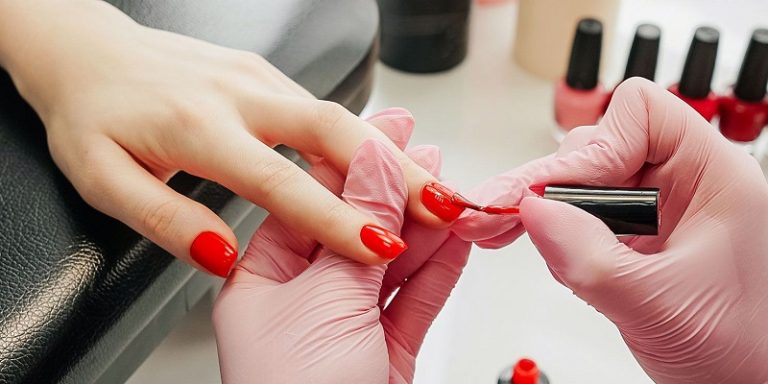Can You Use Builder Gel As Nail Glue?
Last Updated on June 18, 2025 by Jaclyn A. Neeley
No, builder gel cannot be used as nail glue. Builder gels are used for building and shaping nails, while nail glues are used to attach artificial nails and repair broken nails.
It’s no secret that women have a particular interest in their nails, and many of them want them to look fabulous every day. From nail polishes to artificial nails, there are so many products that help them achieve their desirable nail look. But sometimes, their nails break or chip, which can ruin their perfect manicure. This issue can be resolved by using nail glue, which is an adhesive that helps to attach artificial nails, repair broken nails, and reattach nail tips. Builder gel, on the other hand, is a thicker, more durable gel-like substance that helps to build and shape natural nails for a more polished and sophisticated look. In this article, we will explore the differences between builder gel and nail glue and why they cannot be used interchangeably.

Credit: glitterbels.com
Understanding Builder Gel
Builder gel is a thicker version of traditional gel polish that adds extra strength to natural nails. Unlike nail glue, which is used to attach artificial tips or extensions, builder gel is spread over the natural nail to create a sturdy base for additional nail art.
There are different types of builder gel, including self-leveling, sculpting, and strengthening gels. The type you choose depends on the final effect you want to achieve and the level of control you have over the application. To apply builder gel, you’ll need to follow a few important steps, including properly preparing your nails, applying a base coat, and curing the gel with a uv or led light.
With a little practice and patience, you can use builder gel to create beautiful, long-lasting nails that will stand up to daily wear and tear.
Nail Glue Vs Builder Gel
Nail glue vs builder gel: is it safe to use builder gel as nail glue? While both products are used for affixing artificial nails, they have different formulations. Nail glue contains cyanoacrylate, a strong adhesive that can cause skin irritations.
Builder gel, on the other hand, is a thicker consistency and is designed for sculpting and shaping nails. It can be used to attach nails, but may not be as strong as nail glue. When it comes to choosing between nail glue or builder gel, it’s important to consider the pros and cons of each.
Builder gel can be more versatile, but nail glue can provide a stronger bond. Ultimately, it depends on your personal preference and needs.
Benefits Of Using Builder Gel As Nail Glue
Builder gel is a popular product among nail professionals and enthusiasts, as it provides benefits beyond its traditional use as a nail builder. It can also be used as a nail glue, which has several advantages over traditional nail glues.
Using builder gel as nail glue is quite simple. First, apply a thin layer of builder gel and cure it under a uv lamp. Then, apply another thin layer and place the item you wish to glue onto your nail.
Cure that layer under a uv lamp as well, and you’re done! When compared to other nail adhesives, builder gel provides a stronger and longer-lasting hold. It also ensures a smooth and even surface, preventing any bumps or unevenness on your nails.
So next time you’re in need of a new nail glue, consider giving builder gel a try instead.
Correct Use And Application Of Builder Gel As Nail Glue
Builder gel can be utilized as nail glue when utilized correctly. Here are a few steps to follow to apply builder gel effectively as nail glue. Firstly, ensure that your nails are clean and dry before application. Secondly, apply a base coat to the nail before applying the builder gel.
Thirdly, apply 2-3 coats of builder gel, allowing each to dry before applying the next. Lastly, apply a top coat to seal the builder gel nail glue. It is critical to follow these steps to avoid harm to your nails.
Moreover, using builder gel as nail glue can be very effective and safe if used correctly. Always use the product as instructed and avoid shortcuts. Follow the right steps while using builder gel as nail glue to get the desired result without damaging your nails.
Alternatives To Builder Gel For Nail Glue
Builder gel is often used for nail extensions, but can it be used as nail glue? Although it’s possible to use builder gel as a nail glue alternative, there are other products that may be better suited to your needs.
When it comes to choosing the right nail glue, it’s essential to understand your options. Different nail glues, such as brush-on glue or glue tabs, offer varying levels of effectiveness. Comparing the effectiveness of different nail glue options can help you make the best choice for a strong, reliable hold.
So, if you’re looking for a nail glue alternative to builder gel, consider other options, understanding which product is best for your needs.
Common Mistakes To Avoid When Using Builder Gel As Nail Glue
Using builder gel as nail glue is a common practice among many people. However, it is essential to understand the common errors and mistakes to avoid when using builder gel as nail glue. Improper use of builder gel can lead to consequences such as lifting, nail damage and even nail loss.
To avoid these mistakes, it is important to follow some tips such as preparing your nails properly, applying the gel in a thin layer, curing the gel correctly, and avoiding exposure to uv or led light for too long. Additionally, always use a high-quality builder gel and avoid using regular nail glue.
By adhering to these guidelines, you can achieve beautiful and healthy nails without risking any damage.
Summary And Conclusion
Builder gel is a popular choice for doing nails. However, it’s not always clear if it can be used as a substitute for nail glue. After exploring the topic, we can conclude that the answer is no. Although both products can be used to bond nails, they have different strengths and purposes.
Builder gel is designed to enhance and build up nails, whereas nail glue is meant for attaching artificial nails to natural ones. Builder gel and nail glue are different products and cannot be used interchangeably. It’s important to use the right product for the job to ensure a lasting and secure finish.
Frequently Asked Questions For Can You Use Builder Gel As Nail Glue?
1. Can Builder Gel Be Used As Nail Glue?
No, builder gel can’t be used as nail glue. Builder gel is used to create false nails, while nail glue is used to attach them.
2. What Is Builder Gel Used For?
Builder gel is a kind of nail enhancement that is used to create false nails and extend the natural nails’ length.
3. How Is Builder Gel Different From Nail Glue?
The fundamental difference between builder gel and nail glue is how they are used. Builder gel is applied before the false nail, while nail glue is applied to the false nail.
4. Can Nail Glue Be Used To Attach Builder Gel Nails?
No, nail glue cannot be used to attach builder gel nails. Nail glue is not as strong as builder gel and could cause your nails to break.
5. What Is The Recommended Process For Using Builder Gel?
Apply the base coat, the builder gel, and the topcoat. You can then add decorations like gems or paint over the builder gel to create intricate designs.
Conclusion
After thorough research and analysis, it is evident that builder gel can serve as a substitute for nail glue, but with limitations. While it offers strong adhesion, its thicker consistency can make it difficult to apply precisely. Additionally, it is best suited for fixing nail tips rather than attaching decorations or gems.
It is also important to note that builder gel should not be used as a long-term solution to nail adhesive needs, as it can cause damage to the natural nail if used excessively. Overall, the use of builder gel as nail glue requires careful consideration and application, but can be a viable option in a pinch.
As with any nail-related decision, consulting a professional is always recommended to ensure the health and safety of your nails.

